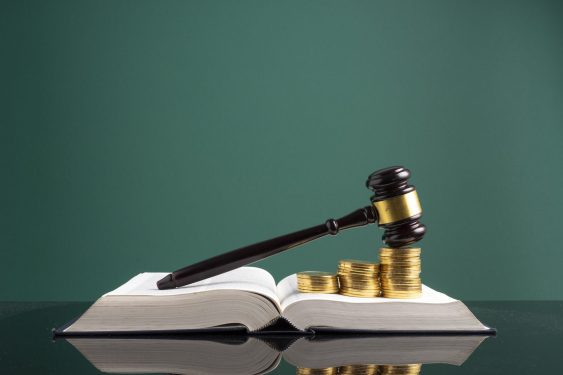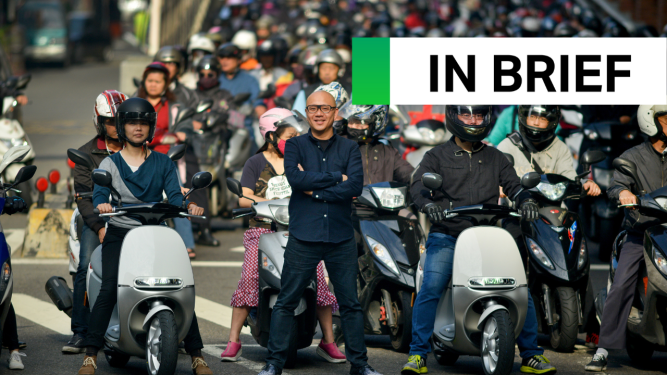Former Investors Sue Nestlé USA Over Freshly Acquisition
In a developing story, former investors of food delivery startup Freshly have filed a lawsuit against Nestlé USA, the company that acquired Freshly in 2020 for up to $1.5 billion.
The shareholders allege that Nestlé failed to make earnout payments to Freshly shareholders as per the merger agreement. According to the report by Law.com, this is not the first time investors have taken issue with Nestlé’s handling of acquisitions.
A Brief History of the Acquisition
In 2020, Nestlé acquired Freshly for up to $1.5 billion. As part of the deal, Nestlé agreed to pay $950 million plus potential earnouts of up to $550 million based on future growth. This agreement was reported by TechCrunch at the time of the acquisition.
However, according to a source familiar with the suit who wished to remain anonymous, Freshly founder Michael Wystrach felt like he had been "stonewalled" and that none of his budgets had gotten through in the last 18 months. The same source added that Wystrach was pressured by Nestlé to step down after the transaction.
What Went Wrong?
The lawsuit alleges that Nestlé failed to make earnout payments to Freshly shareholders as per the merger agreement. This is a significant issue, given that the agreement called for potential earnouts of up to $550 million based on future growth.
Furthermore, the lawsuit claims that Nestlé pressured Wystrach to step down after the transaction – rather than admit he was being forced out – to avoid triggering nine-figure payments to the former shareholders. This is a concerning development, given the significant investment made by Nestlé in Freshly.
The Impact of the Lawsuit
This lawsuit has significant implications for the food delivery industry and beyond. The fact that former investors are suing Nestlé over its handling of the Freshly acquisition raises questions about the company’s commitment to supporting its investments.
Moreover, this lawsuit highlights the challenges faced by startups and their founders in navigating complex corporate acquisitions. The fact that Wystrach felt like he was being stonewalled and had his budgets rejected is a testament to the difficulties that can arise when big corporations acquire smaller companies.
What Does This Mean for Freshly?
The impact of this lawsuit on Freshly remains to be seen. However, it is clear that the company has faced significant challenges in recent years. In late December, Freshly announced that it was halting its direct-to-consumer meal delivery business. The publication Food Business News reported that "the meal delivery service suffered in 2021 as consumers began shifting their food spending back outside of the home."
Furthermore, high inflation and economic uncertainty in 2022 also drove more shoppers to reduce their reliance on subscription services like Freshly.
Nestlé’s Response
In response to the lawsuit, a spokesperson for Nestlé provided a statement to Bloomberg Law, saying that "Nestlé USA went well beyond its obligations to support the Freshly business following the acquisition." They added that the investors bringing forward the suit were fully compensated and that they are confident the court will support their position.
Who’s Involved?
The lawsuit is being led by Shareholder Representative Services LLC, a group of former investors who participated in the deal. The participating investors include Insight Partners, White Star, Highland Capital Partners, Slow Ventures, and others.
Conclusion
This lawsuit has significant implications for the food delivery industry and beyond. It highlights the challenges faced by startups and their founders in navigating complex corporate acquisitions and raises questions about Nestlé’s commitment to supporting its investments.
As this story continues to unfold, it remains to be seen what will happen next. Will Nestlé be able to defend itself against these allegations? Will Freshly emerge from this situation stronger than ever? Only time will tell.
Related Articles
- Duolingo sees 216% spike in US users learning Chinese amid TikTok ban and move to RedNote
- Tesla to split $100M award for electric truck charging corridor in Illinois
- Bluesky is getting its own photo-sharing app, Flashes
- Colossal Biosciences raises $200M at $10.2B valuation to bring back woolly mammoths



